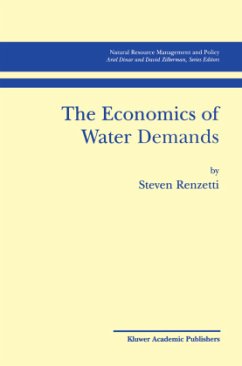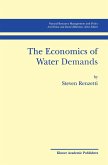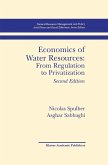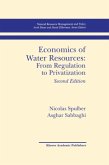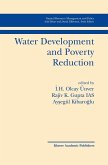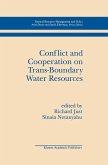This book arose out of a paper that I wrote for the World Bank at the request of Ariel Dinar, the editor for the series in which this volume appears. I began that paper by pointing to the growing importance of demand-side considerations in water resources: "The provision of potable water is one of government's oldest functions with evidence of this activity stretching back thousands of years. During much of that time, water demands were taken as exogenously given and the principle task of authorities was defined as an engineering one: how to supply a given quantity of water at least cost. In recent years, however, concerns have arisen from observations of excessive water use, degraded water quality and continued inadequate service for many, especially the very poor. As a result of these and other concerns, there is a growing effort to view water resource allocation from a perspective that incorporates consumers' preferences along with supply constraints into management plans. " (Renzetti, 2000, p. 123). The purpose of this volume is to examine, in greater detail than was possible in that article, what is known regarding the economic characteristics of the demand for water. Thus, this book is meant to be an extended critical review of the state of the art.
Bitte wählen Sie Ihr Anliegen aus.
Rechnungen
Retourenschein anfordern
Bestellstatus
Storno

